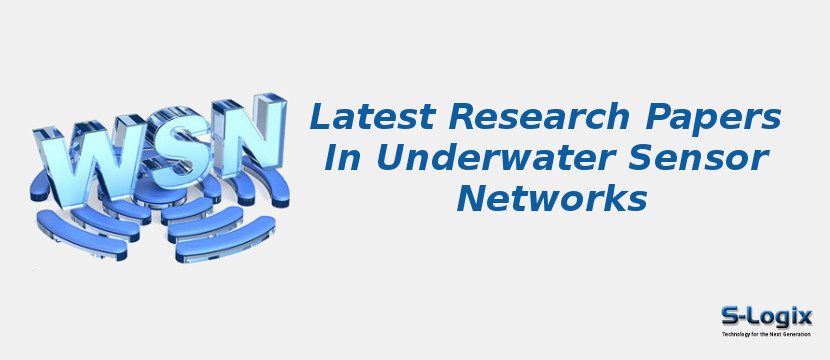Recent research in Underwater Sensor Networks (UWSNs) focuses on overcoming challenges such as limited bandwidth, high propagation delay, and energy constraints in underwater environments. Modern studies propose adaptive routing protocols, energy-efficient communication models, and deep reinforcement learning-based resource allocation to enhance reliability and lifetime of UWSNs. Novel techniques like cooperative power allocation, traffic-load-aware scheduling, and intelligent clustering algorithms are being developed to improve data transmission efficiency and fault tolerance. Researchers are also exploring bio-inspired algorithms, acoustic-optical hybrid communication, and AI-assisted localization to achieve better coverage and connectivity, making UWSNs more suitable for marine exploration, environmental monitoring, and disaster management applications.
